The US economy has been on a rollercoaster ride this week, with President Donald Trump's actions and statements sending shockwaves through financial markets and igniting a firestorm of debate. From his verbal jabs at Federal Reserve Chair Jerome Powell to the looming threat of re-imposing tariffs, the economic landscape has been transformed into a battleground of uncertainty. As investors scramble to navigate the shifting terrain, the specter of the Great Depression looms large in the collective imagination. Meanwhile, warnings from the International Monetary Fund and even Trump's billionaire allies highlight the precariousness of the current economic situation.
At the heart of this turmoil is the complex and often contentious relationship between President Trump and the Federal Reserve. Trump's public criticism of Powell, whom he appointed in 2018, has been nothing short of scathing. Last week, he labeled the Fed chair "a major loser" and suggested that his "termination cannot come soon enough." Such remarks are not just a reflection of policy disagreements; they are a direct assault on the independence of the central bank, a cornerstone of modern economic governance. The markets, sensitive to any hint of instability, reacted with a steep sell-off on Monday, sending the dollar to a three-year low and closing nearly every company in the Dow and the S&P 500 in the red.
However, the dynamics shifted on Tuesday when Trump appeared to soften his stance, stating that he had "no intention" of firing Powell. This change of heart came after advisers warned the president that terminating the central bank chief would have severe legal and economic repercussions, according to sources familiar with the matter. But by Wednesday, Trump's outlook had soured once again. "I haven’t called him. I might call him," he said during an Oval Office executive action signing ceremony. "I believe he’s making a mistake by not lowering interest rates, and I think, as well as we’re doing, we could do much better." This seesaw of sentiment has left investors and economists grappling with a sense of unpredictability that is antithetical to market stability.
Adding to the economic uncertainty is Trump's tariff strategy. On Wednesday, he hinted at the possibility of re-imposing "reciprocal" tariffs on some countries within the next two to three weeks. This follows a 90-day pause on the tariffs, which were initially intended to spur negotiations with other nations. "In the end, I think what’s going to happen is, we’re going to have great deals, and by the way, if we don’t have a deal with a company or a country, we’re going to set the tariff," Trump declared. The implications of such a move are profound. Re-imposing tariffs would mark a significant re-escalation of the global trade war, potentially triggering retaliatory measures from other countries and further disrupting international trade flows.
The stock market has been a barometer of this economic turbulence. After the initial Monday sell-off, shares modestly rebounded on Tuesday following Treasury Secretary Scott Bessent's assurances that the US-China trade war is unsustainable and expected to de-escalate. However, the gains were short-lived, and by Wednesday, the S&P 500 had shed $6.5 trillion in market value since its record high in February, according to Howard Silverblatt, senior index analyst at S&P Dow Jones Indices. The market's volatility reflects the deep-seated anxiety among investors, who fear that the ongoing trade disputes and unpredictable policy shifts could push the economy into a recession.
The economic indicators are also painting a grim picture. US crude oil prices have tumbled as investors worry that a recession could dampen demand. Meanwhile, US Treasury yields have surged in recent weeks, moving in the opposite direction to prices. This suggests that investors are seeking the relative safety of government bonds, a classic sign of economic unease. The International Monetary Fund (IMF) added to the chorus of warnings, releasing a report on Tuesday that declared the global economy is entering a "new era" as the economic system of the past 80 years is being reset. The IMF predicted rapidly slowing economic growth, particularly in the United States, and reignited US inflation. This prognosis is further underscored by South Korea's Customs Service report, which showed that exports for the first 20 days of April declined by 5.2% compared to the same period last year—a troubling sign for the direction of global trade under Trump's tariff agenda.
The warnings are not just coming from international organizations; they are also echoing from the halls of power in the business world. Billionaires and business leaders, who once supported Trump's economic policies, are now voicing their concerns. Hedge fund Citadel CEO Ken Griffin, a supporter of the president, stated that tariffs are eroding America's global standing. "The United States was more than just a nation. It’s a brand. It’s a universal brand, whether it’s our culture, our financial strength, our military strength," Griffin said at the Semafor World Economy Summit in Washington. "And we’re eroding that brand right now." Griffin's remarks highlight a growing consensus among business leaders that the tariffs are not just a fiscal issue but a strategic one, with long-term implications for America's position in the world.
Ray Dalio, the founder of Bridgewater Associates, one of the world’s largest hedge funds, has also expressed alarm. Last week, he warned that Trump’s tariffs have pushed America close to a recession—or perhaps even "something worse." Dalio's perspective carries significant weight, given his expertise in navigating global financial markets. His warning underscores the broader fear that the current economic trajectory, marked by escalating trade tensions and unpredictable policy shifts, could lead to a downturn that rivals the Great Depression.
In this maelstrom of economic uncertainty, the role of the Federal Reserve becomes even more critical. As the central bank tasked with maintaining economic stability, the Fed must navigate the delicate balance between responding to the president's criticisms and fulfilling its mandate to ensure price stability and maximum employment. Powell's position is precarious, caught between the political pressures from the White House and the need to maintain the Fed's independence and credibility.
The situation also highlights the interconnectedness of the global economy. The US, as the world's largest economy, has a significant impact on international trade and financial markets. The tariffs imposed by the Trump administration are not just a domestic issue; they have far-reaching implications for countries around the world. The potential for a trade war to escalate further could disrupt supply chains, reduce global trade volumes, and lead to a synchronized global economic slowdown.
Moreover, the psychological impact of this economic turmoil cannot be underestimated. The constant barrage of negative headlines and the unpredictability of policy decisions are creating a climate of fear and anxiety among consumers and businesses alike. This sentiment can be self-fulfilling, as businesses delay investments and consumers cut back on spending, further weakening the economy. The confidence that drives economic activity is being eroded, and the longer this uncertainty persists, the harder it will be to restore it.
The US economy is at a critical juncture. The actions and statements of President Trump, particularly regarding the Federal Reserve and tariffs, are creating a climate of uncertainty that is unsettling markets and raising fears of a recession. The warnings from the IMF and business leaders like Ken Griffin and Ray Dalio underscore the gravity of the situation. As investors, policymakers, and everyday Americans navigate this tumultuous landscape, the need for clear, stable, and rational economic policies has never been more urgent. The fate of the US economy hangs in the balance, and the choices made in the coming weeks and months will shape its trajectory for years to come.

By Eric Ward/Apr 29, 2025

By Jessica Lee/Apr 29, 2025

By Lily Simpson/Apr 29, 2025

By Amanda Phillips/Apr 29, 2025
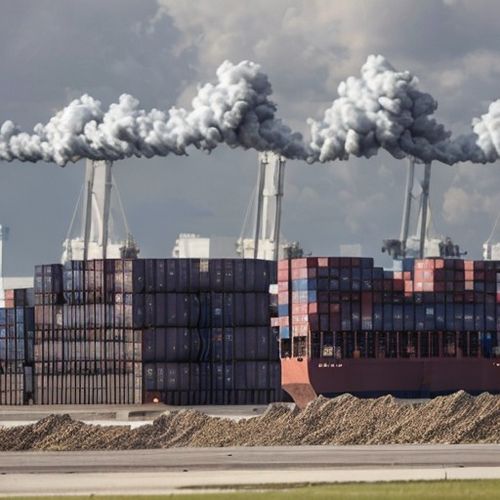
By James Moore/Apr 29, 2025

By Amanda Phillips/Apr 29, 2025

By Sophia Lewis/Apr 29, 2025
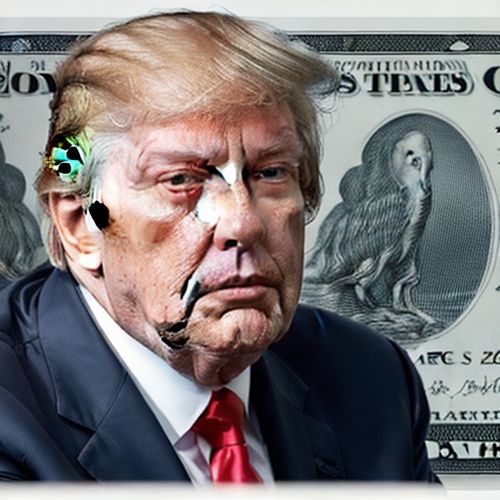
By Ryan Martin/Apr 29, 2025

By Elizabeth Taylor/Apr 29, 2025
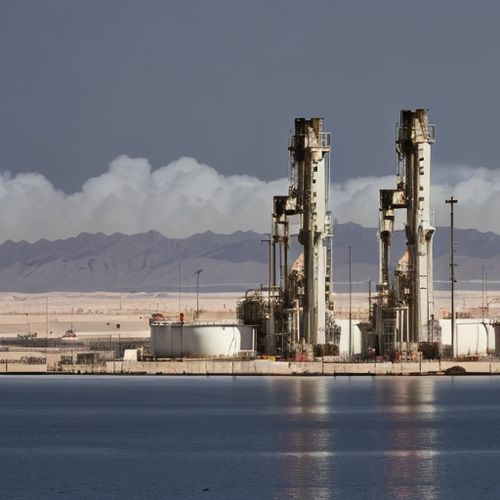
By Noah Bell/Apr 29, 2025
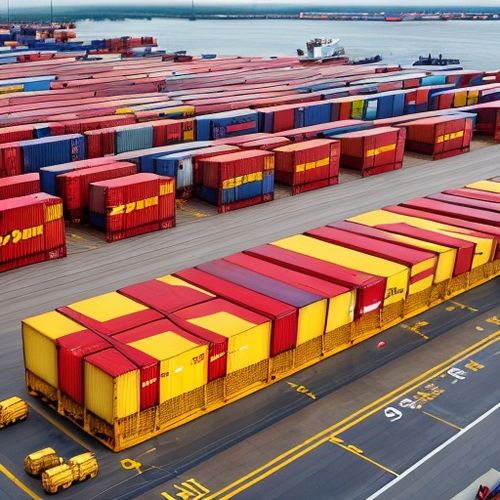
By Emily Johnson/Apr 29, 2025

By Grace Cox/Apr 29, 2025

By Rebecca Stewart/Apr 29, 2025

By Elizabeth Taylor/Apr 29, 2025
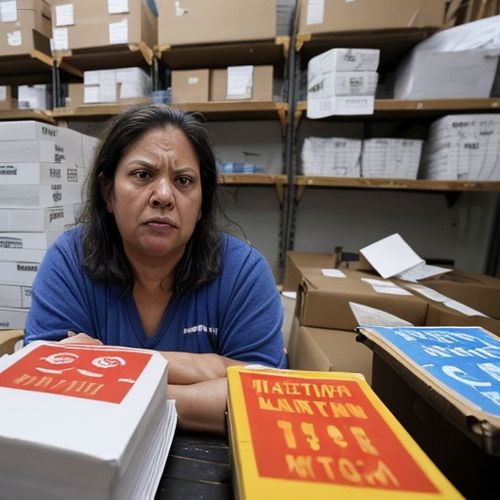
By Michael Brown/Apr 29, 2025
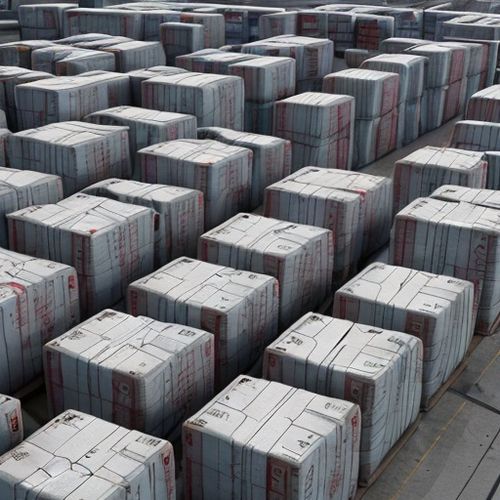
By Olivia Reed/Apr 29, 2025
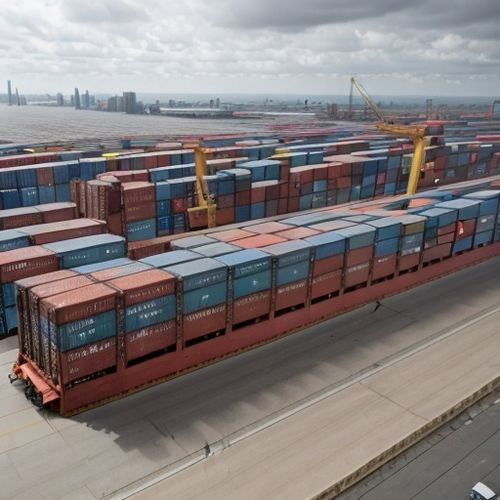
By Daniel Scott/Apr 29, 2025

By Joshua Howard/Apr 29, 2025
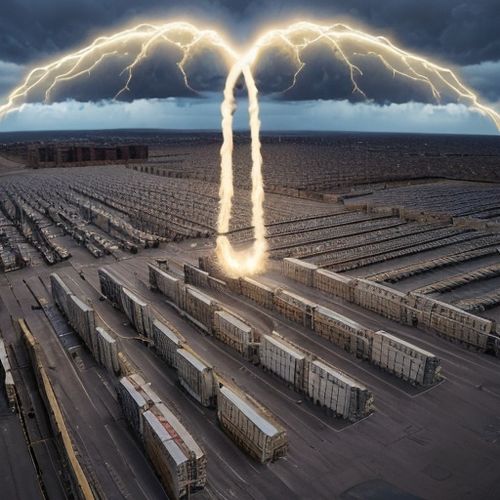
By Megan Clark/Apr 29, 2025
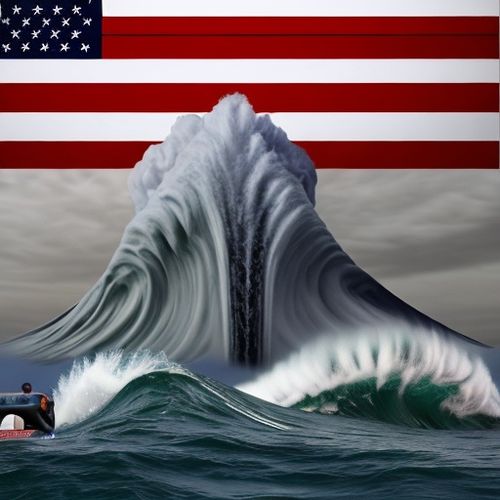
By John Smith/Apr 29, 2025